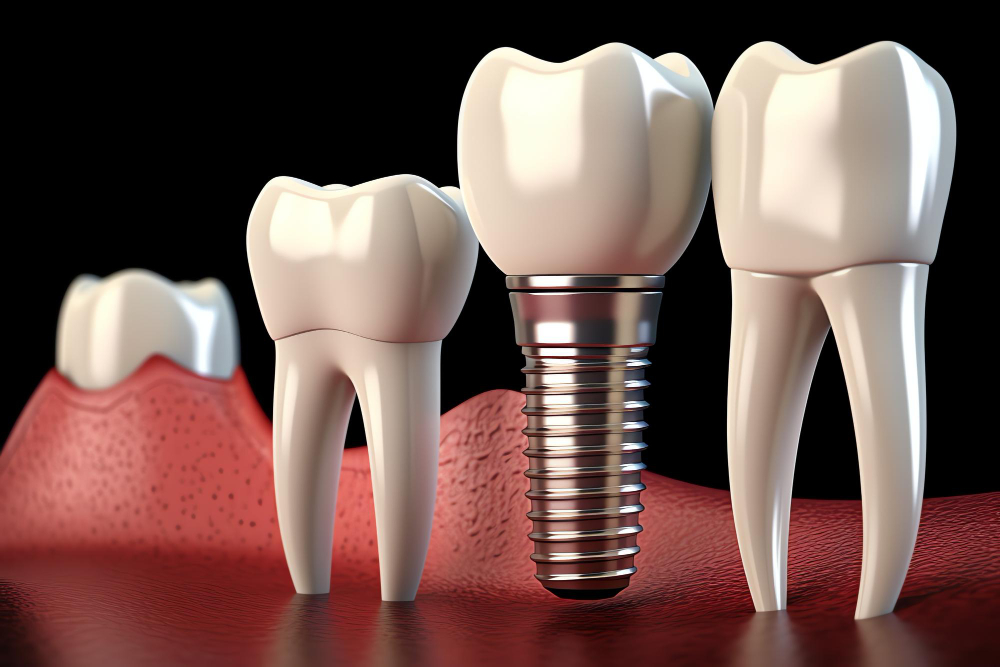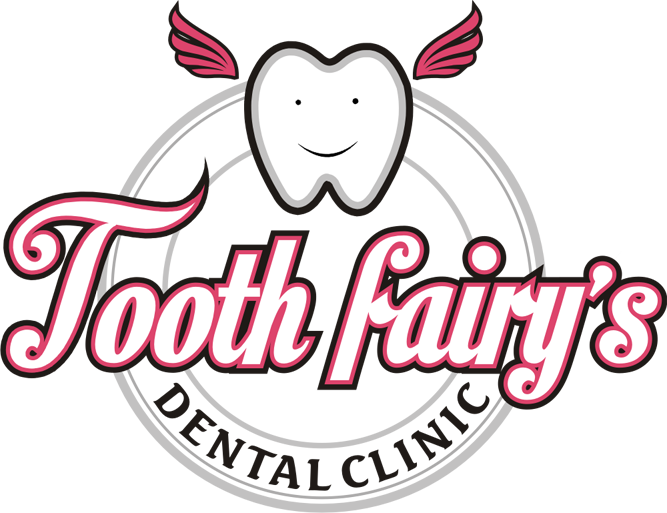Dental Implants

Dental implants are a sophisticated and durable solution for replacing missing teeth. They offer a natural-looking and functional alternative to dentures or bridges by mimicking the structure of natural teeth.
What Are Dental Implants? A dental implant consists of three main components:
- Implant: A titanium post surgically placed into the jawbone, acting as a root for the replacement tooth.
- Abutment: A connector piece that attaches to the implant and supports the crown.
- Crown: A custom-made, tooth-colored prosthetic tooth that sits atop the abutment, resembling a natural tooth.
Benefits of Dental Implants:
- Natural Appearance: Implants look and feel like natural teeth, enhancing your smile and facial aesthetics.
- Permanent Solution: With proper care, implants can last a lifetime, unlike bridges or dentures that may need replacement.
- Improved Functionality: Implants function like natural teeth, allowing for normal chewing, speaking, and oral hygiene routines.
- Preserve Jawbone: Implants stimulate the jawbone, preventing bone loss and maintaining facial structure.
The Implant Process:
- Consultation and Planning: The dentist evaluates your oral health and discusses treatment options. X-rays and scans are taken to assess bone density and plan implant placement.
- Implant Placement: During a minor surgical procedure, the implant is placed into the jawbone. Over several months, the implant fuses with the bone in a process called osseointegration.
- Abutment Placement: Once the implant has integrated, the abutment is attached to the implant. This serves as a foundation for the final restoration.
- Crown Placement: Finally, a custom-made crown is attached to the abutment, completing the restoration.
Post-Procedure Care: After implant placement, maintaining good oral hygiene and attending regular dental check-ups are essential for long-term success. Proper care helps prevent complications and ensures the longevity of your implants.
In summary, dental implants offer a reliable and permanent solution for replacing missing teeth, providing aesthetic, functional, and oral health benefits. They enhance quality of life by restoring a confident smile and the ability to enjoy a wide range of foods comfortably.
